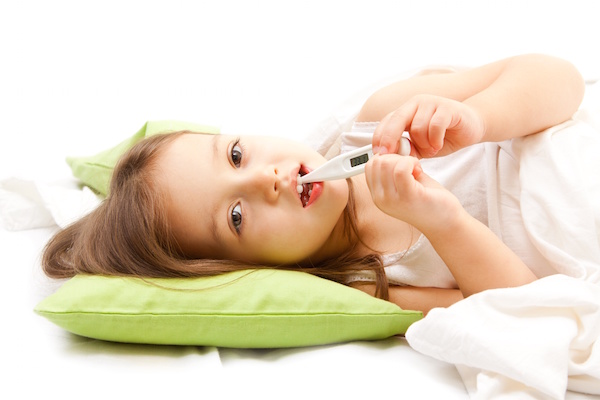
MONDAY, Nov. 14 (HealthDay News) — Aggression in childhood is associated with poorer health in adulthood and should be recognized as a health risk, a new study says.
Researchers tracked more than 3,900 people in the Canadian province of Quebec who were in first, fourth and seventh grades in the years 1976 to 1978 and received health care between 1992 and 2006.
The results showed that childhood aggression was linked with an 8.1 percent increase in medical visits, a 10.7 percent increase in injuries, 6.2 percent more visits to specialists, 12.4 percent more visits to emergency departments, and a 44.2 percent increase in lifestyle-related health problems such as obesity, type 2 diabetes and alcohol dependence.
They also found that childhood aggression in girls led to higher use of gynecologic services when they were young women, ageD 18 to 23.
The study was published Nov. 14 in the Canadian Medical Association Journal.
“Childhood aggression directly and positively predicted overall use of health services in adulthood for the participants of this study, as well as the number of visits they made to specialists, emergency departments and dentists, the number of times they were admitted to hospital, and the number of medical visits they made due to lifestyle-related illnesses and injuries,” Dr. Caroline Temcheff of the University of Sherbrooke in Quebec and colleagues said in a journal news release. “These associations were seen even when controlling for the effects of sex, education and neighborhood poverty.”
On the other hand, childhood “likeability” was associated with lower use of health services.
“Our results confirm that there are specific behavioral characteristics, identifiable in childhood, that can have enduring consequences to physical health and can predict increased use of health services in adulthood,” the researchers wrote. “Childhood aggression should be considered a health risk when designing interventions to improve public health, particularly those targeting children and families.”
“Addressing problematic childhood behavior and teaching appropriate ways of interacting, self-care and coping strategies to vulnerable children will probably require early preventive intervention to mitigate long-term risks to health,” they concluded.
Writing in an accompanying editorial, Dr. Sarah Stewart-Brown, of the University of Warwick, in England, hypothesized that childhood aggression is a response to a stressful environment. While school programs designed to improve social and emotional skills are important, she said programs on better parenting could bring about the most change.
More information
The American Academy of Pediatrics has more about children and aggressive behavior.

